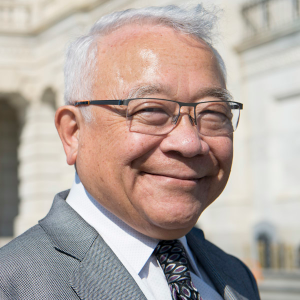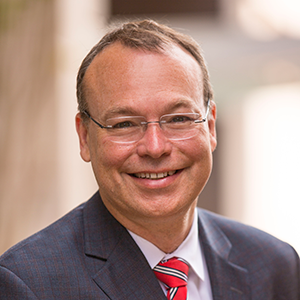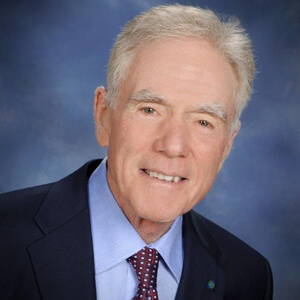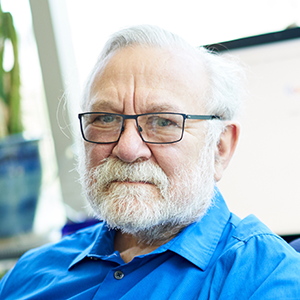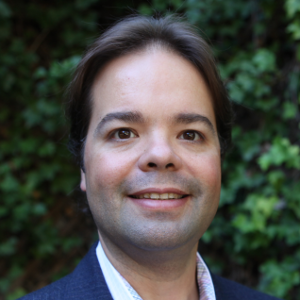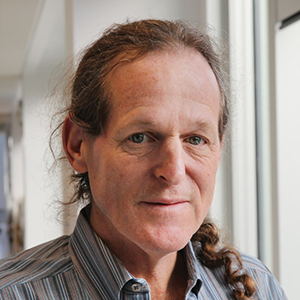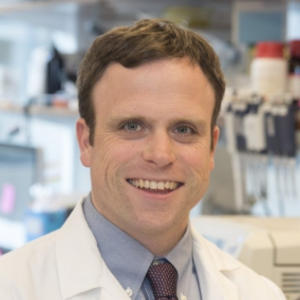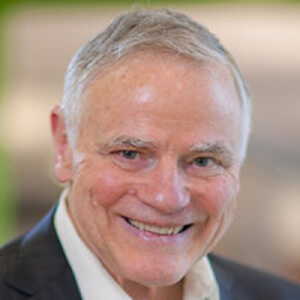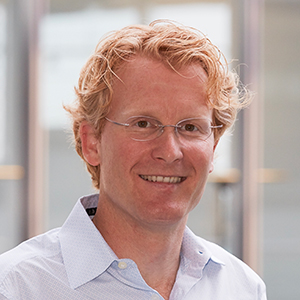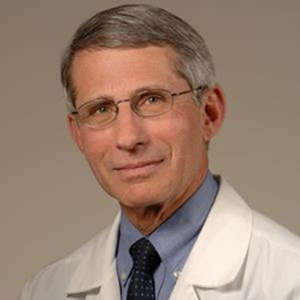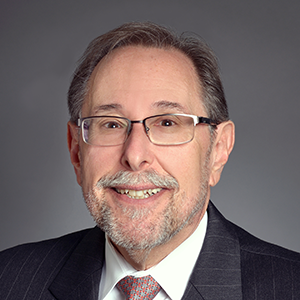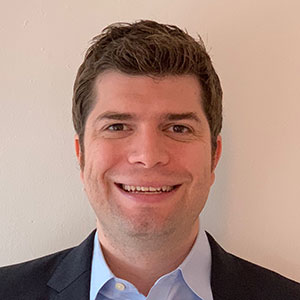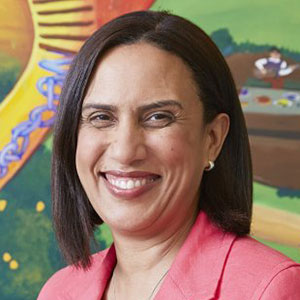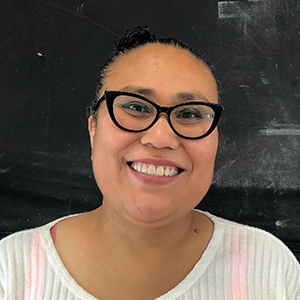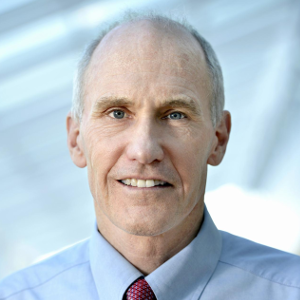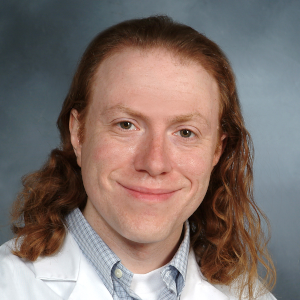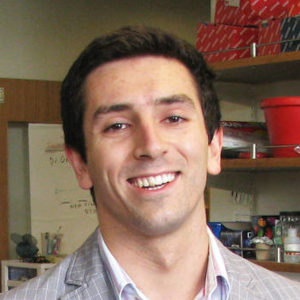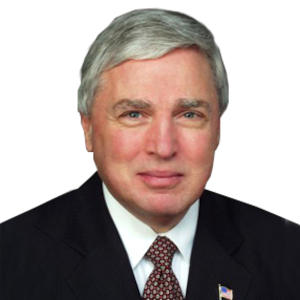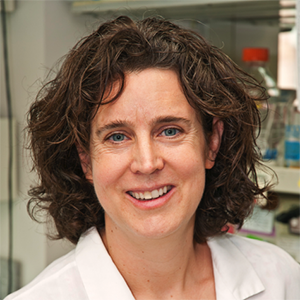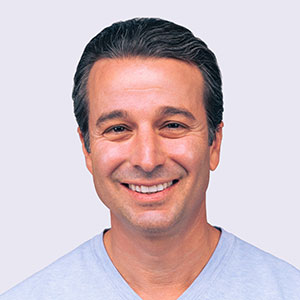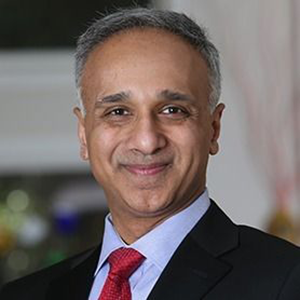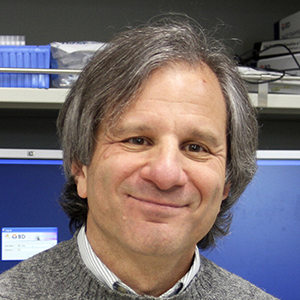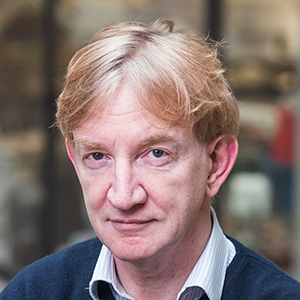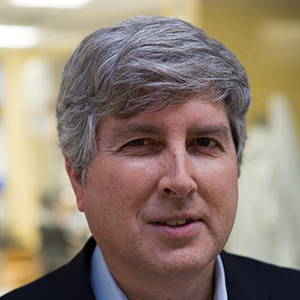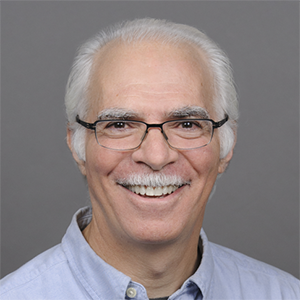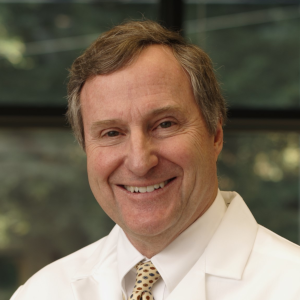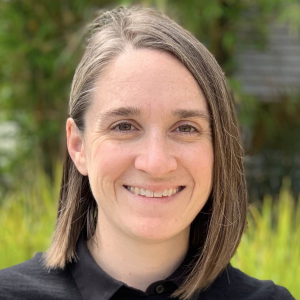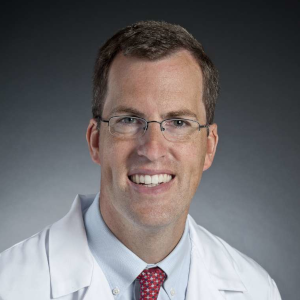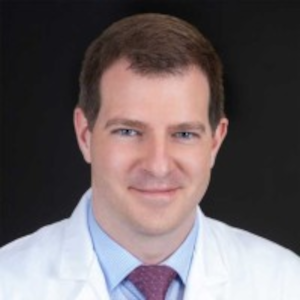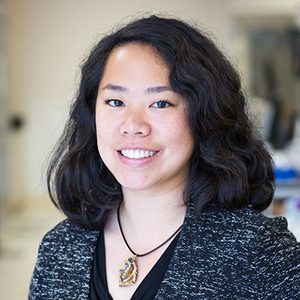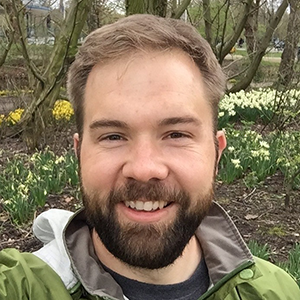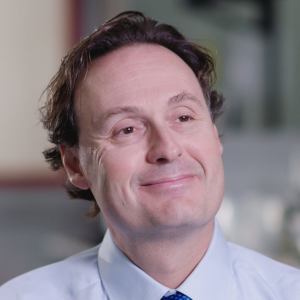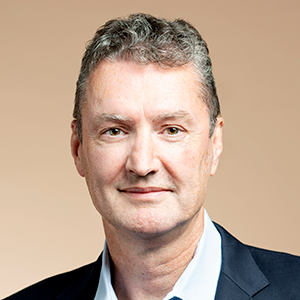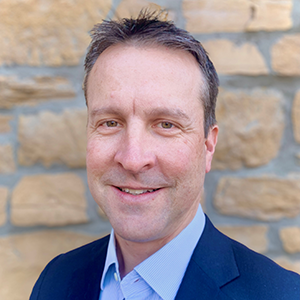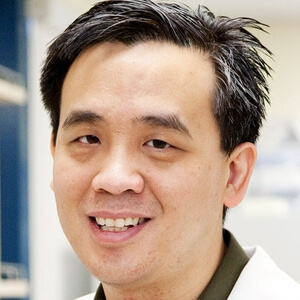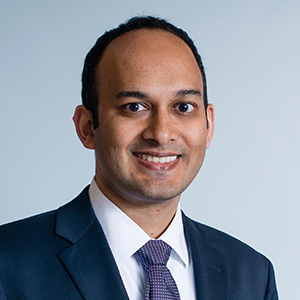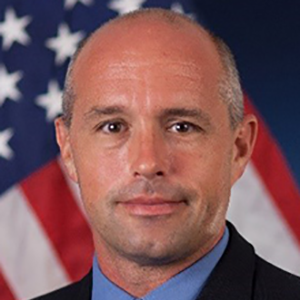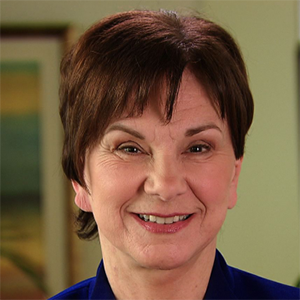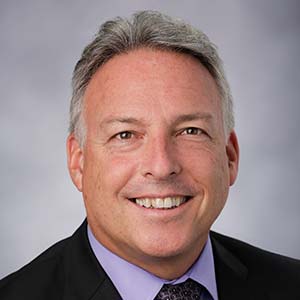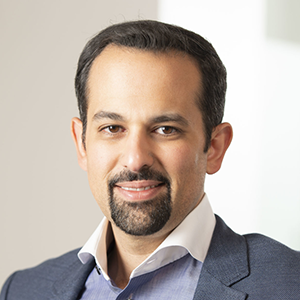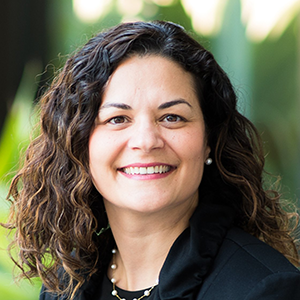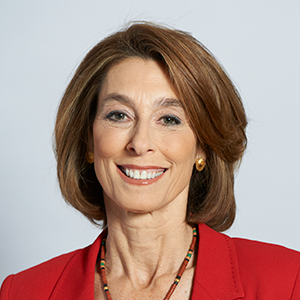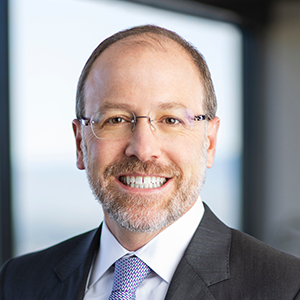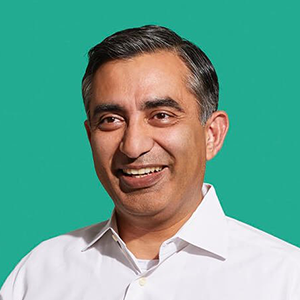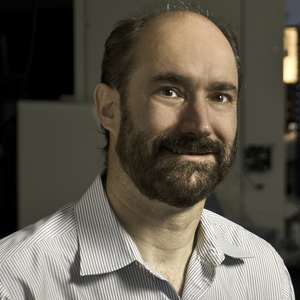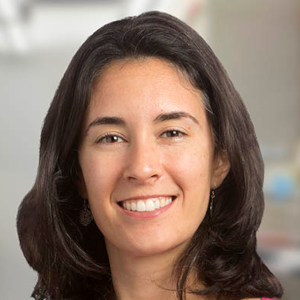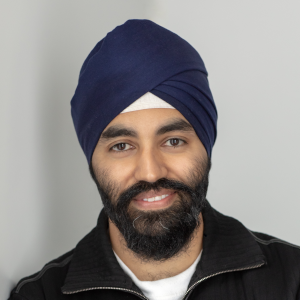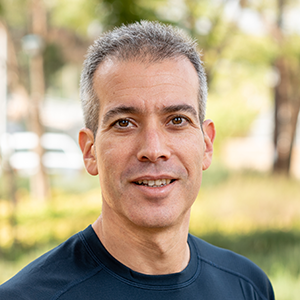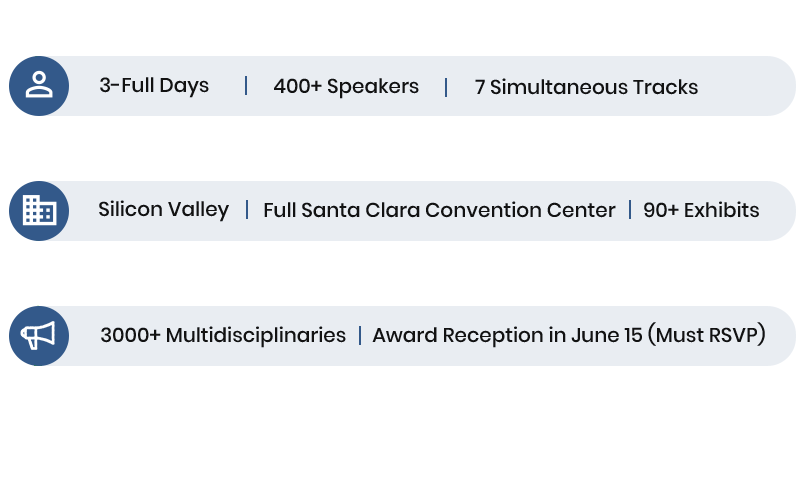PMWC COVID: Jan 25-27, 2021
Virtual
21st Century Precision Medicine in the Age of COVID-19

The COVID-19 pandemic makes it necessary for leading experts from across disciplines and geographies to come together to jointly address the challenges we are facing when coping with the disruptive nature of the coronavirus SARS-CoV-2 pandemic is having on our healthcare system and our society as a whole. The tasks upon us are enormous and include besides decoding the virus and scaling diagnostics, tackling COVID-19 within existing healthcare systems, building health data platforms that support COVID-19 focused health care, accommodating clinical trials in the era of COVID-19, and developing functional vaccines and therapeutics. The next PMWC 2021 on January 25-27 would be a virtual conference and will touch upon these critical developments and ongoing activities while also including the regulatory and investment sides that influence clinical advancements.
PROGRAM
Day 1 (January 25): 21st Century Biomedical Research & Healthcare System in the Age of COVID-19
7:45 AM (PST)
Opening Words by Tal Behar of PMWC & Keith Yamamoto of UCSF
8:00 AM (PST)
COVID-19: Disrupter of Biomedical Research and Healthcare
As the pandemic exploded, researchers pivoted to use their expertise and technologies to attack COVID-relevant problems, and healthcare professionals responded in real time to the public health emergency. Research collaboratives assembled, acquired and shared data, and acquired disease-relevant knowledge at a remarkable pace. Healthcare practice, data sharing, telemedicine, clinical trial design and enrollment adapted in real time, and opportunities emerged to establish value-based strategies that could transform 21st century healthcare through collaboration around a big-data ecosystem.
8:55 AM (PST)
Building a Health Data Platform that Supports COVID-19 Health Care
Understanding disease trajectories and clinical outcomes require an accelerating, holistic data collection and analysis platform that will deliver new insights into the classification of patients into distinct categories and an understanding of the immune response to disease. This session will review the enormous business opportunities that this new ecosystem will provide for each of the partners.
9:50 AM (PST)
Tracking COVID-19 with a System Clinical Approach
As the cases of COVID-19 increase, healthcare stakeholders are continuing to search for tools and therapeutics to help stem the tide. Collected data can be mined to surface insights and create value for different industry players – pharma, diagnostic companies, providers, and technology companies.
10:40 AM (PST)
21st Century Medicine: The Million Person Genome/Phenome Project and Disruptive Insights from a COVID 19 Clinical Trial
My vision for 21st-century medicine suggests that one should follow and optimize the health trajectory of every individual—recognizing 3 successive health states: wellness, the transition from wellness to disease and disease. The longitudinal data clouds generated for each of 5000 individuals provided insights into scientific (quantitative) wellness with 100s of actionable possibilities, an aging metric, and healthy aging and diagnostics for the earliest chronic disease transitions. To initiate this vision at scale in the US healthcare system, I proposed 3 years ago to do genome and longitudinal phenome analyses (1200 blood analytes, gut microbiome, and digital health measurements) over a period of 5 years on each of a million patients from Providence St. Joseph Health. This population health program was initiated in Jan. 2020 and interrupted by COVID 19 in Feb. 2020. The observational COVID 19 study we did with 200 patients and deep immune phenotyping transformed our approach to the million-person project. I will discuss these issues.
11:00 AM (PST)
PMWC 2021 honoring Dr. Anthony Fauci + Q&A
Dr. Fauci was appointed Director of NIAID in 1984 and in that position has served as a relentless crusader for some of humanity’s most virulent medical threats. He has advised six Presidents on both HIV/AIDS. He oversees an extensive research portfolio of basic and applied research to prevent, diagnose, and treat established infectious diseases such as HIV/AIDS, respiratory infections, diarrheal diseases, tuberculosis and malaria as well as emerging diseases such as Ebola, Zika and now, COVID-19.
12:00 PM (PST)
Lunch Break
1:00 PM (PST)
Clinical Trials in the Era of COVID-19
COVID-19 has caused a major decrease in the number of new patients entering clinical trials and has required adaptation of many trial procedures. For drug development and R&D to continue, the clinical trial space has to adapt, innovate and explore decentralized trial operations, pragmatic trial designs and virtual options. This panel will explore adaptations to clinical trial design, operations and oversight with a goal of making trials more accessible and efficient.
2:00 PM (PST)
Health Disparities in the COVID-19 Pandemic Session
COVID-19 is exposing long-standing systemic health and social inequities in our health systems, creating an opportunity for addressing these inequities with the goal of achieving greater equity in the health care of all vulnerable populations. Across the country, deaths due to COVID-19 are disproportionately high among African Americans, LatinX and other minority populations. This panel of scientific researchers, clinicians, community leaders, and public health officials will discuss the reasons for the excess mortality and economic disruption related to COVID-19 among health disparity populations and explore ways to effectively implement interventions to mitigate these outcomes.
Day 2 (January 26): COVID-19 Emerging Therapeutics, Vaccine Development & Diagnostics
8:30 AM (PST)
Transcriptional Diversity and Its Impact on COVID-19 Outcome
SARS-CoV-2 course of infection and disease severity is not fully understood at an individual patient level which is reflected in the observed clinical heterogeneity to viral infection. Tissue profiling offers an opportunity to shed light on this complexity heterogeneity which also translates into varied COVID-19 pathology and may also impact treatment response. This session includes clinical leaders discussing patterns of viral dissemination and immune response throughout the body and efforts to optimize COVID-19 treatment approaches based on transcriptional and proteomic findings.
9:30 AM (PST)
Deciphering The COVID-19 Immune Response
The current pandemic has highlighted the critical importance of understanding the immune response to SARS-CoV-2. Our immune system has evolved over hundreds of millions of years to protect individuals from millions of different diseases, existing or new ones like the novel coronavirus. Understanding exactly how the immune system responds to SARS-CoV-2 at the individual level and across the population will help us answer some key questions, including: Why do people respond so differently to the virus? How severe is someone’s illness likely to be if they are infected? Once infected, are you immune? And how long does that immunity last? This knowledge is crucial to the development of diagnostics, drugs, vaccines, as well as to redefined and effective health policies necessary to fully reopen society and potentially address future pandemics.

Akiko Iwasaki
Yale University
10:30 AM (PST)
SARS-CoV-2 Vaccines: Updates on Recent Developments and Clinical Results
SARS-CoV-2 vaccines are essential to reducing morbidity and mortality from the novel coronavirus. We will hear from the leading vaccine developers on the status and future prophylactic vaccine development.
11:30 AM (PST)
Development of New SARS-CoV-2 Therapeutics
The COVID-19 pandemic is driving unprecedented transformation of the global medical research ecosystem through the search for effective new therapeutics that can help ease symptoms and prevent death among COVID-19 patients.
1:00 PM (PST)
Break
1:30 PM (PST)
COVID-19 Molecular Testing: Updates on Recent Development & Clinical Results
The COVID-19 pandemic created the need for widespread availability of accurate and efficient diagnostic testing for detection of SARS-CoV-2 and antiviral antibodies in infected individuals. This session will provide updates on various assay techniques and tests for COVID-19 diagnosis.
2:30 PM (PST)
Forging New Connections for a Sustainable Testing Ecosystem
Testing is a critical tool for addressing the current global health crisis, essential in preventing health services from being overwhelmed and to enable safe reopening of the economy. Our overburdened national testing network demands an effective, coordinated response that involves both the private and public sectors. This session will focus on the importance of forging connections among regulatory agencies, policymakers, public health officials, commercial diagnostic test developers, and public and private labs in order to establish a robust testing ecosystem to address both our current crisis and those that may follow.
Day 3 (January 27): 21st Century Biomedical Research & Healthcare System in the Age of COVID-19
8:30 AM (PST)
The Regulatory/FDA Perspective
Modernized regulatory science is being adopted by regulators around the world. The U.S. Food and Drug Administration has released in record time vital new guidance for drug developers that contains critical features for conducting clinical trials and good clinical practice for investigational drugs. The FDA has also launched the Coronavirus Treatment Acceleration Program that provide rapid advice on how best to test and develop promising new therapeutics.
9:00 AM (PST)
How COVID-19 Changed Clinical Trial Dynamics and Environment
The COVID-19 pandemic has affected design and conduct of all kinds of clinical trials, not only the specific areas of vaccines and therapeutics directly related to SARS-CoV-2 but also in other major therapeutic areas such as oncology/cancer treatment. This session will provide three different perspectives on this subject: the non-profit perspective that is trying to understand the impact of COVID-19 on recruiting patients for cancer studies, the pharma perspective on performing therapeutic and vaccine trials, and the labs perspective on designing and executing COVID-19 targeted therapeutic and vaccine trials.
10:00 AM (PST)
The Impact of COVID-19 on Cancer Care and Future Implications
COVID-19 has fundamentally disrupted cancer care, shifting care onto virtual platforms and rearranging clinical practice and research. Considerable emphasis was placed initially on the implications for patients with cancer in terms of their vulnerability to the novel corona virus and potential exposure in clinical settings. This session will focus on the effects of COVID-19 for cancer care that might endure well beyond the pandemic and their implications to quality of care and clinical research.
11:00 AM (PST)
Population Genomics in Action: Driving Value in COVID-19 and Beyond
Fusing large-scale genomic data with other critical datasets – such as deep phenotypic data and dynamic behavioral data – has long been considered critical to better understanding the genetic underpinnings of disease and identifying novel and more effective treatment options. With the onset of the COVID-19 pandemic, the healthcare community has come together at an unprecedented pace to collaborate across disciplines and borders to bring these datasets together. From identifying the most susceptible populations to accelerating the discovery of therapeutics and vaccines, population-scale data has proven to be critical. Join us as we bring together perspectives from numerous points of view – including provider, payer, and life sciences – on how this fusion of data is helping to solve the enormous challenges presented by COVID-19 and how we can leverage learnings from this approach going forward.
12:00 PM (PST)
Break: NEW REPLAYING DR. FAUCI & DR. HOOD’S ONE HOUR DISCUSSION FROM JANUARY 25TH FROM 12-1PM PACIFIC TIME (PST)!
1:00 PM (PST)
Tackling the Mental Health Crisis in the Wake of COVID-19
The compounding stresses of life during COVID-19 are taking a toll on our collective mental health. In fact, 53 percent of U.S. adults reported that their mental health has been negatively impacted due to worry and stress over the coronavirus. Amidst social isolation, upheaval of routines, financial stress, as well as the general fear, anxiety and trauma caused by COVID-19, who is responsible for addressing the resulting mental health crisis? Experts explore the importance of the continuity between in-person and digital care setting to address mental and behavioral health concerns.
2:00 PM (PST)
Wearables and COVID-19
The COVID-19 pandemic has brought into sharp focus the need to harness wearable sensors and leverage our digital infrastructure for monitoring and managing this pandemic. When used in conjunction with predictive platforms, users of wearable devices could be alerted when measurements are associated with COVID-19. Anonymous data localized to geographical areas could provide public health officials and researchers a valuable tool to track and mitigate the spread of the virus. The session will review the clinically relevant physiological metrics which can be measured from currently available commercial wearable sensors and their role in tracking the health, stability, and recovery of COVID-19 patients.
3:00 PM (PST)
Computational Strategies for Ending the COVID-19 Pandemic
Professor Segal will cover models that his team developed at the Weizmann Institute for predicting future dynamics of the pandemic in terms of cases, hospitalizations, and deaths, taking into account government actions, vaccine strategies, and patient characteristics.
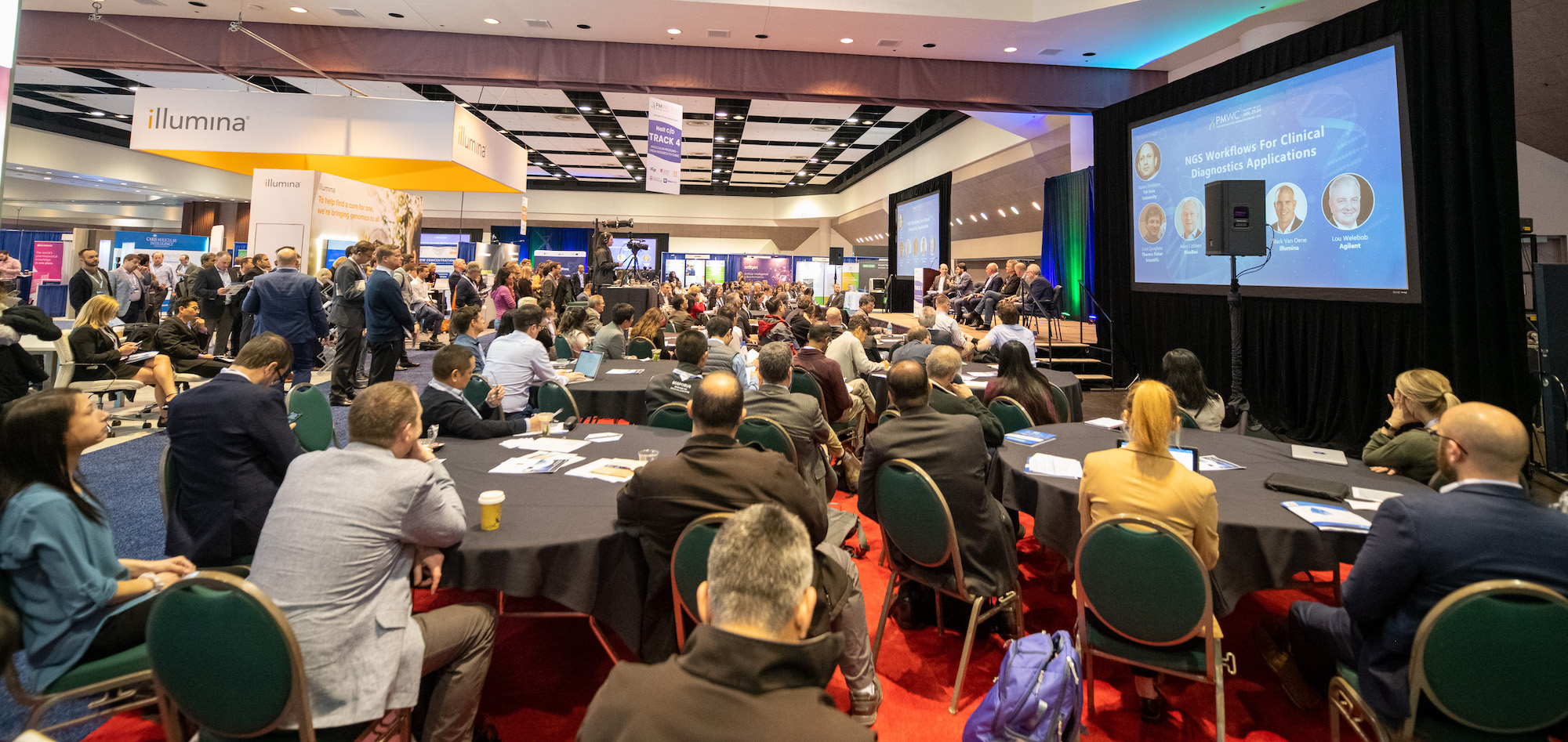
Leading & Original Forum for Precision Medicine
SILICON VALLEY, CA
Co-hosted by




Registration
PMWC Overview
Testimonials
Overview
PMWC, the “Precision Medicine World Conference” is the largest & original annual conference dedicated to precision medicine. PMWC’s mission is to bring together recognized leaders, top global researchers and medical professionals, and innovators across healthcare and biotechnology sectors to showcase practical content that helps close the knowledge gap between different sectors, thereby catalyzing cross-functional fertilization & collaboration in a effort to accelerate the development and spread of precision medicine.
Since 2009, recognized as a vital cornerstone for all constituents of the health care and biotechnology community, PMWC provides an exceptional forum for the exchange of information about the latest advances in technology (e.g. DNA sequencing technology), in clinical implementation (e.g. cancer and beyond), research, and in all aspects related to the regulatory and reimbursement sectors.
Format
The conference format consists of five parallel talks spanning 3 full-days. Main Tracks 1 and 2 include sessions by leaders in the commercial, pharmaceutical, academic, government, regulatory, venture capital, and non-profit arenas that deliver a broad and up-to-date array of content across the various facets of precision medicine. Session discussions focus on time-relevant aspects with a selected set of key stakeholders, while commercial sessions cover the latest developments in technologies that are instrumental for the success of further adoption of precision medicine.
Additional Tracks 3-5, feature Showcases: companies and research institutions can promote their platforms, launch products, and share research developments to a targeted audience & the Most Promising Company Competition: identifies “rising stars” startup companies in the area of diagnostics, therapeutics, and health tech via a platform that includes leading investors.
For over a decade, PMWC has recognized individuals who have played a significant role in transforming health care by advancing precision medicine in the clinic with the Luminary and Pioneer Awards. The honorees’ numerous technological and scientific contributions have expedited this transformation as demonstrated by the clinical adoption of precision medicine, and the ongoing introductions of novel clinical applications. For a deeper look into the fascinating achievements of our past awardees see the awards page.







